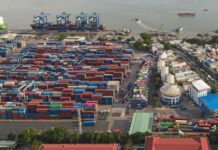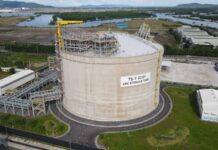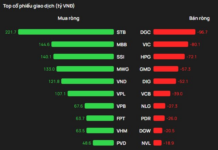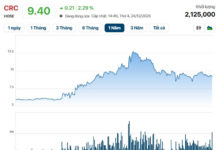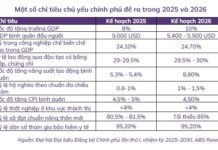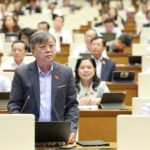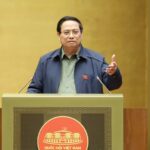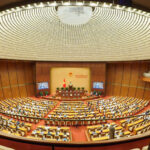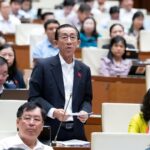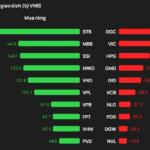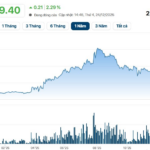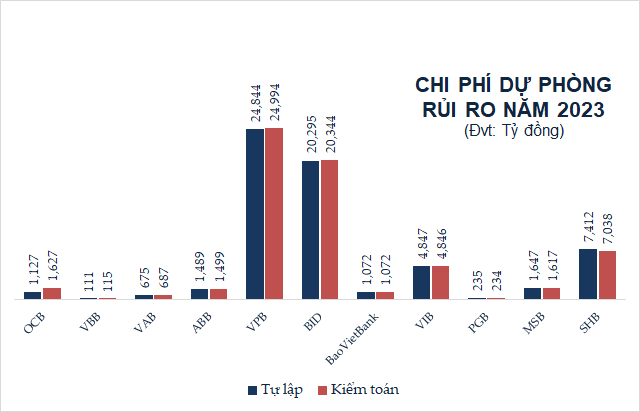On October 30th, the National Assembly continued its 10th session with a plenary discussion on the implementation of the 2025 state budget, the 2026 state budget estimate, and the central budget allocation plan. The session also reviewed the outcomes of resolutions on the 2021-2025 five-year public investment plan, national finance, and public debt management.
During the debate, Delegate Thach Phuoc Binh from Vinh Long Province emphasized the need to expand fiscal space and maximize non-state budget resources as Vietnam enters a pivotal phase of its 2026-2030 socio-economic development plan.
Binh highlighted two underutilized resources: non-budget state financial funds and the gold and assets held by citizens. He stated, “Both are significant economic assets—one in the public sector and the other in private hands—yet they lack a synchronized, transparent, and efficient management and mobilization mechanism.”

Delegate Thach Phuoc Binh (Vinh Long Province)
The majority of gold remains idle in vaults
Addressing the mobilization of citizens’ gold reserves, Binh noted that Vietnamese citizens hold approximately 400 to 500 tons of gold, valued at $35 to $40 billion, or nearly 8% of GDP. Annually, Vietnam consumes about 55 tons of gold, ranking among the region’s top consumers.
“However, most of this gold remains in vaults, an untapped resource for economic capital,” Binh remarked.
He pointed out that in 2024 and early 2025, the domestic-international gold price gap exceeded $1,400 per tael, even reaching $2,000 per tael. This reflects market instability and speculative hoarding. While the State Bank’s gold auctions provided temporary relief, a transparent, modern, and secure market mechanism is essential.
Binh proposed five solutions to mobilize and financialize citizens’ gold:
1. Stabilize the gold market, reducing the price gap to under $500 per tael within 6-12 months; control speculation and increase supply through regulated imports.
2. Establish a National Gold Exchange, allowing citizens to deposit physical gold in standardized vaults and receive digital certificates for trading, collateral, or conversion. This enables state oversight while ensuring ownership rights.
3. Develop gold financial products such as gold deposit certificates, gold investment funds, and gold bonds backed by vault reserves. Citizens can invest in gold or VND, earning profits tied to gold prices, transforming idle assets into active capital.
4. Encourage gold-to-VND conversion through free vault storage, interest incentives, or gold-backed government bonds for physical gold sellers.
5. Ensure system safety and transparency by prohibiting banks from gold-based lending or deposits and publishing regular national gold reports to build market trust.

(Illustrative image)
Binh estimated that mobilizing 10-15% of citizens’ gold, or $5-7 billion, could fund infrastructure, digital transformation, and innovation without increasing public debt.
“Transparent state resource management and public trust in effective, safe, and profitable capital use are essential for mobilizing citizen resources,” he asserted.
Trillions of dong idle in non-budget state funds
Regarding non-budget state funds, Binh cited the government’s Report 947 (October 17, 2025), stating that by 2024, Vietnam had 22 such funds totaling 1,590 trillion VND, projected to reach 1,780 trillion VND by 2026—nearly 35% of GDP.
However, he noted operational inefficiencies: “The legal framework is fragmented, with no unified law governing these funds. Each operates under separate decrees, leading to overlaps, opacity, and poor oversight.”
Many funds underperform or incur losses. In 2025, seven reported negative capital, necessitating urgent reviews, restructuring, and legal reforms to enhance public financial management.

By 2024, Vietnam’s 22 non-budget state funds held 1,590 trillion VND, expected to rise to 1,780 trillion VND by 2026.
Binh urged the National Assembly to task the government with developing a comprehensive plan for mobilizing and managing non-budget state funds, focusing on transparent institutionalization and modern, secure citizen resource mobilization.
“This strategic reform will expand fiscal capacity, enhance economic resilience, and strengthen societal trust—key to sustainable national development,” he concluded.
Deputy Prime Minister Le Thanh Long: Public Debt Significantly Below Regulatory Limits; Development Investment to Account for 40%
Deputy Prime Minister Le Thanh Long announced a significant shift in Vietnam’s state budget allocation. The current term prioritizes development investment, allocating 32-33% of the budget, compared to 28% in the previous term. Concurrently, recurrent expenditures have been reduced to 57-58%, down from 63.2%. Looking ahead, the 2026-2030 plan aims to further increase development investment to 40%, while recurrent spending is projected to decrease to approximately 50.7%.
“Delegate Tran Hoang Ngan Urges Immediate Submission of Emergency Financial Package to Address Storm and Flood Damage”
Natural disasters are wreaking havoc across numerous regions, inflicting significant damage. According to delegate Trần Hoàng Ngân, an urgent financial package is imperative to address and mitigate the devastating aftermath.





